Don’t fall for these food myths
We all have heard a “fact” about food that we gullibly believed to be the truth only to learn later that it was false. When it comes to food and nutrition, there are myths and misconceptions that have circulated throughout time. So, how do we tell fact from fiction with food-related science myths? Read on as we dispel the 21 most common food myths, backed by science.
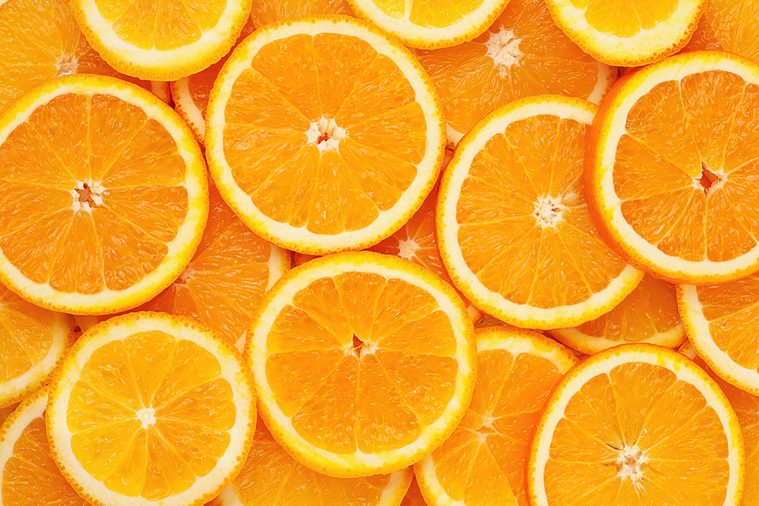
Food myth: Vitamin C can keep you from catching a cold
Healthy eating: Research has shown that vitamin C generally does not ward off colds, but it may be helpful in people who participate in extreme physical exercise. A 2019 study in the Journal of the International Society of Sports Nutrition found ingesting a pill of ascorbic acid, or vitamin C, before a single bout of exercise suppressed superoxide dismutase activity, a marker of stress in the body, among participants who took the pill, compared with those who ingested a placebo. However, the researchers are unclear on the efficacy of vitamin C supplementation on exercise-induced oxidative stress. (Here are the signs of a vitamin C deficiency.)
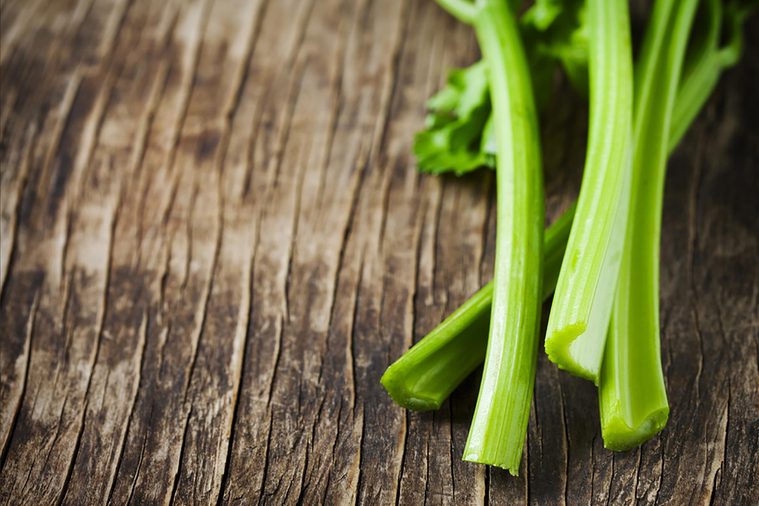
Food myth: Eating celery burns more calories than you take in
Healthy eating: It’s a food myth that celery has “negative” calories, according to the Mayo Clinic. But, with less than 10 calories per serving and plenty of fiber, it’s a great snack for maintaining a healthy weight. Try these healthy snacks that may help boost your weight loss.
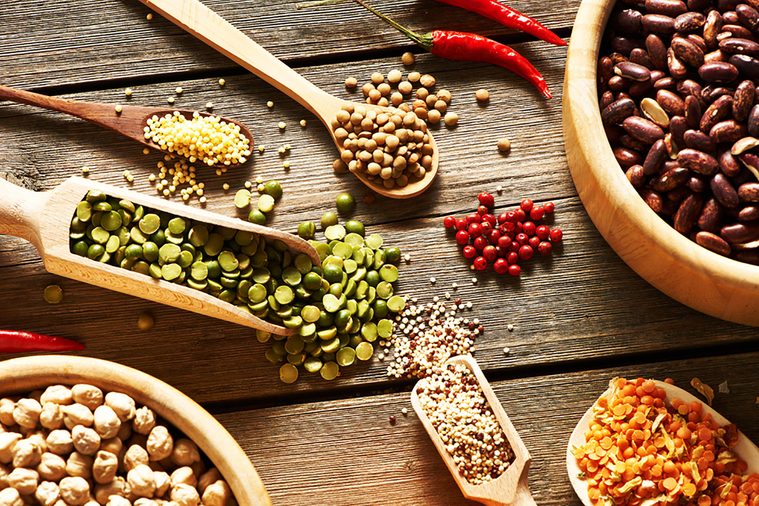
Food myth: Legumes must be eaten at the same time as grains to get a “complete” protein
Healthy eating: Eat a mix of amino acids throughout the day and you’ll get all the complete nutrition you’ll need, according to the Cleveland Clinic. Beans and legumes are nutritional powerhouses, high in protein, fiber, B vitamins, iron, potassium, and other minerals, while low in fat. (Here are the health benefits of legumes.)
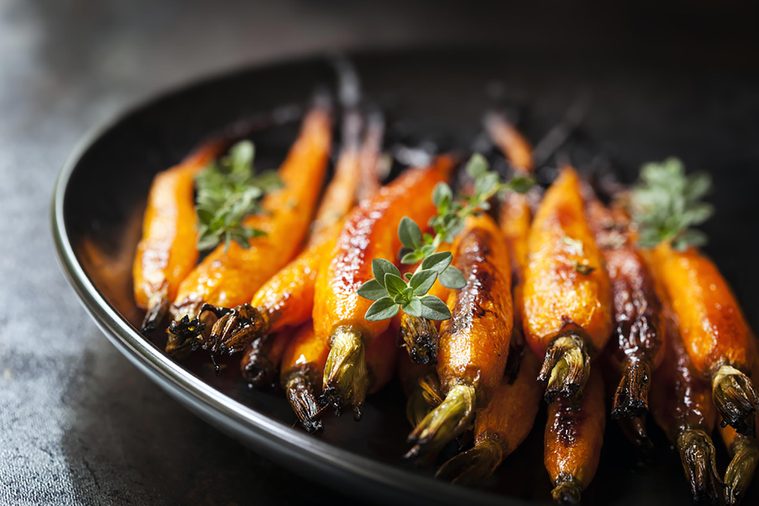
Food myth: Raw carrots are more nutritious than cooked
Healthy eating: Antioxidants may be enhanced when some vegetables are cooked. For example, in a 2008 study in the Journal of Agricultural and Food Chemistry, researchers found cooking carrots actually increases their nutritional value. Boiling carrots led carotenoids (antioxidants) to increase by 14 percent, while other cooking methods, especially frying, led to a decrease in antioxidant value.
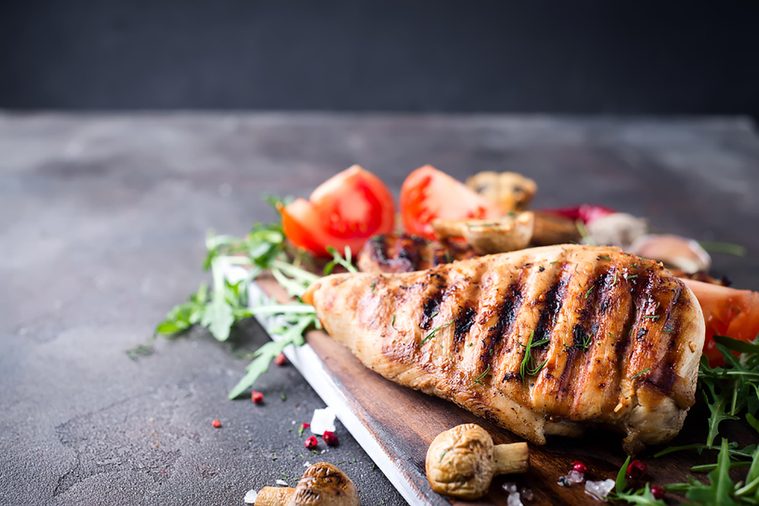
Food myth: To minimize fat and calories, always remove the skin before cooking chicken
Healthy eating: The presence of skin in poultry can increase its caloric value by around 25 to 30 percent, according to a 2015 study in the journal Food & Nutrition Research. However, the skin can easily be removed after cooking. Baking, broiling, grilling, or roasting poultry with the skin intact helps preserve its natural juices and prevent it from drying out. Cook with the skin on—and then remove before serving.
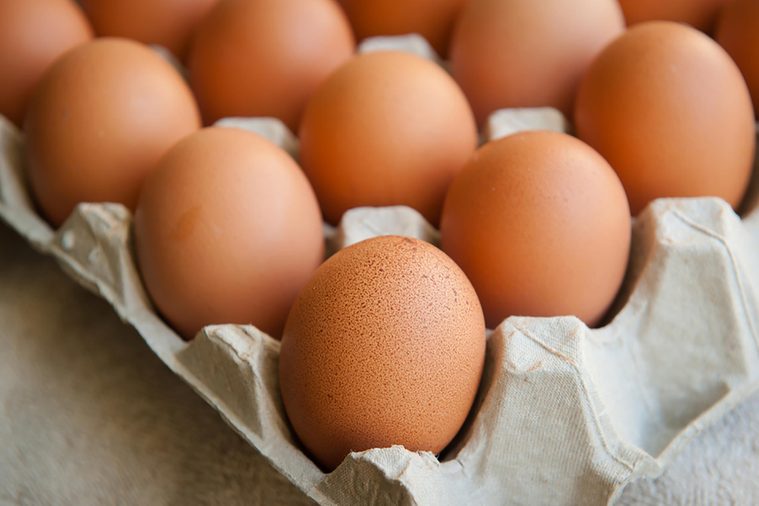
Food myth: Avoid eggs because of their cholesterol content
Healthy eating: Eggs have gotten an unfounded bad rap; in a 2018 study in the journal Nutrients, researchers found eggs don’t actually contribute to high cholesterol. In fact, eggs are an inexpensive source of many nutrients, including zinc and iron, antioxidants lutein and zeaxanthin, vitamin D, and the brain-boosting chemical choline. However, keep in mind that the research on eggs has gone back and forth over the years so don’t overdo it. The American Heart Association says one whole egg or two egg whites a day can be part of a healthy diet. Keep cholesterol in check by monitoring saturated fat in your diet.
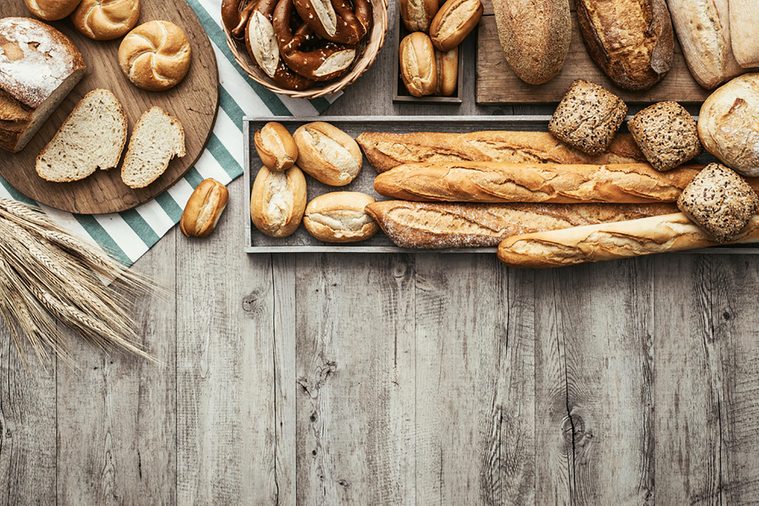
Food myth: The fewer carbs, the healthier you are
Healthy eating: Choosing the healthiest carbohydrates, especially whole grains, is important to your well-being. Major studies, including this 2016 study in the British Medical Journal, show that women and men who eat whole grains have 20 to 30 percent less heart disease. Overall the increased intake of whole grains is associated with a decreased risk of chronic diseases and premature mortality, the researchers concluded.

Food myth: Using margarine instead of butter will save calories
Healthy eating: Butter and margarine have about the same amount of calories. But while margarine, made from vegetable oils, was developed as a more healthful alternative to butter (which contains cholesterol and saturated fat), some margarines are actually unhealthier because they contain trans fats, which have even more adverse effects on cholesterol and heart health, according to a 2016 study in Epidemiology. The good news is that trans fat has been phased out of most foods, according to the Food and Drug Administration. (Here are 50 foods that nutritionists never eat.)
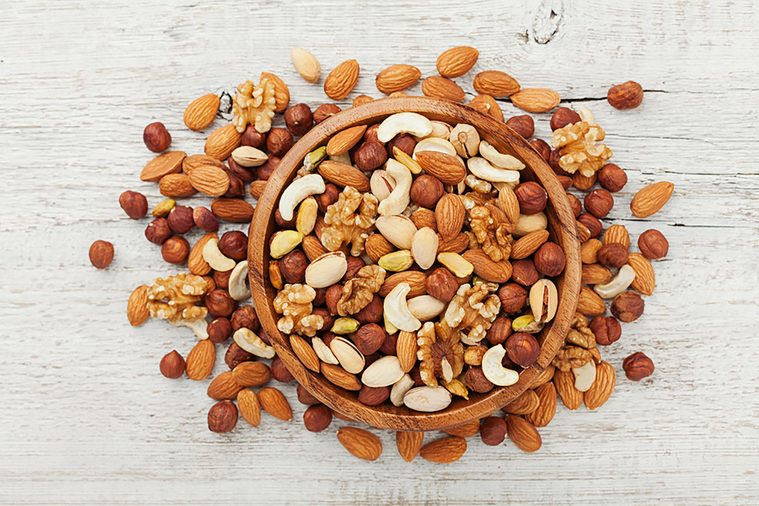
Food myth: Nuts are as bad as junk food
Healthy eating: Nuts are excellent sources of protein and other nutrients, as long as you keep servings to a handful. Nut consumption more than four times per week was found to reduce the risk of developing type 2 diabetes, compared to those who didn’t eat them as often, in a 2017 study in Diabetes & Metabolism. In addition, a 2018 study in Progress in Cardiovascular Diseases suggests a regular intake of nuts protects against heart disease.

Food myth: The MSG found in some Chinese dishes can trigger headaches and other reactions
Healthy eating: The causal relationship between monosodium glutamate and headaches has not been proven. Researchers consider it premature to conclude that the MSG present in food actually causes headaches. However, it’s always a good idea to watch out for these 9 signs you’re eating too many preservatives.

Food myth: You’ll sleep better after a nightcap
Healthy eating: Many people will consume alcohol for its alleged sleep-promoting effects. However, drinking alcohol before bed may disrupt your sleep and increase wakefulness, even in healthy adults, according to a 2019 study in Current Opinion in Psychology. Here are more myths sleep doctors want you to stop believing.
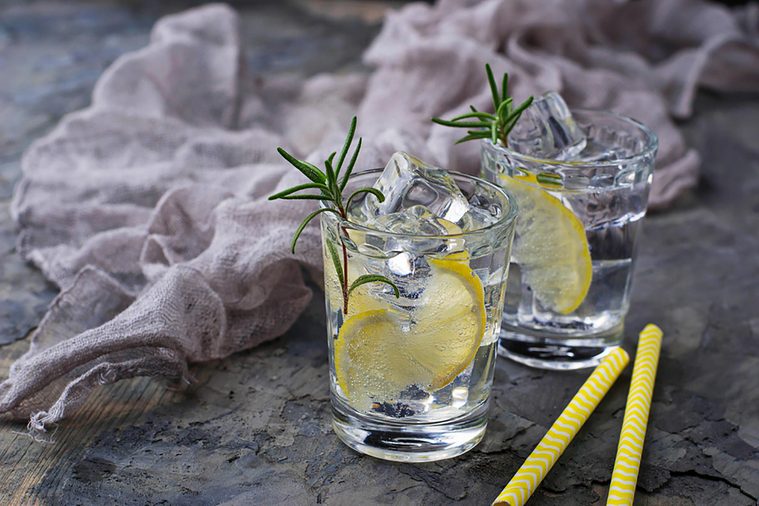
Food myth: Carbonated drinks are bad for you
Healthy eating: A sodium-free seltzer with a wedge of lemon or lime quenches your thirst without hurting your health. Soda, on the other hand, will contribute to health problems when consumed in excess, including weight gain, cavities, and high blood pressure, according to the Center for Science in the Public Interest. Don’t miss these other reasons to avoid soda, including diet versions.
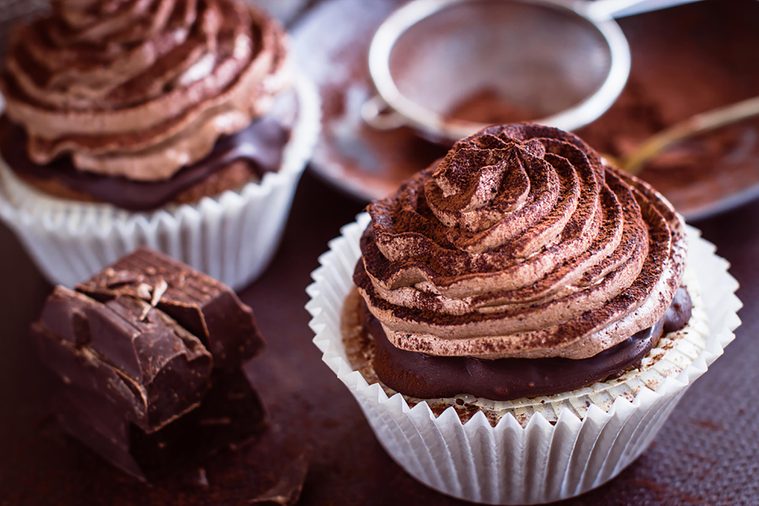
Food myth: Those with diabetes have to give up sweets
Healthy eating: In moderation, an occasional sweet treat is fine. The key to maintaining healthy blood glucose levels is balancing meals and snacks to provide a mixture of carbs, fats, and proteins, and using exercise and medication to keep blood sugar under control. Here are 12 rules to follow to keep blood sugar steady.
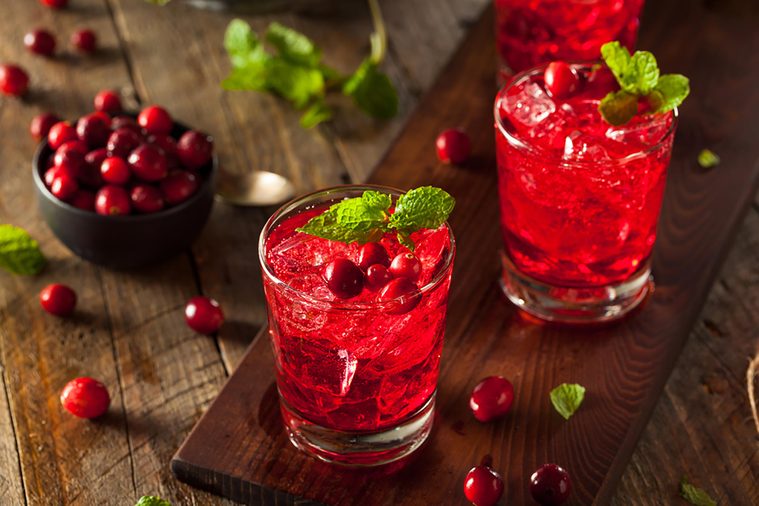
Food myth: Cranberry juice can cure a urinary tract infection
Healthy eating: There’s no proof that cranberry juice or supplements can treat an infection, which should be medicated with antibiotics. But drinking the juice or taking supplements regularly can prevent urinary tract infections (UTIs), according to a 2016 study in The American Journal of Clinical Nutrition, because compounds in the juice stop infection-causing bacteria from sticking to the bladder wall. Here’s what to actually do if you’ve got a UTI.
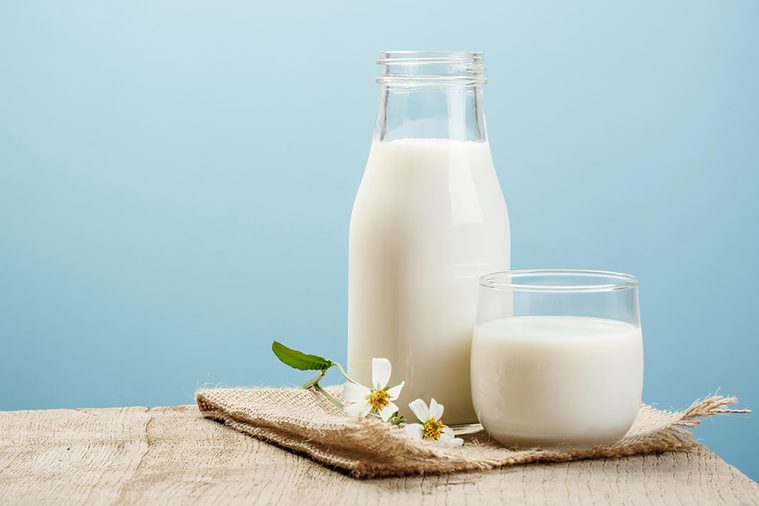
Food myth: Don’t drink milk when you have a cold
Healthy eating: There’s absolutely no truth to the idea that milk increases mucus production. It’s more myth than fact. Therefore, there’s no need to skip it when you feel congested, according to Ronald McCoy, senior medical educator and spokesperson for the Royal Australian College of General Practitioners.
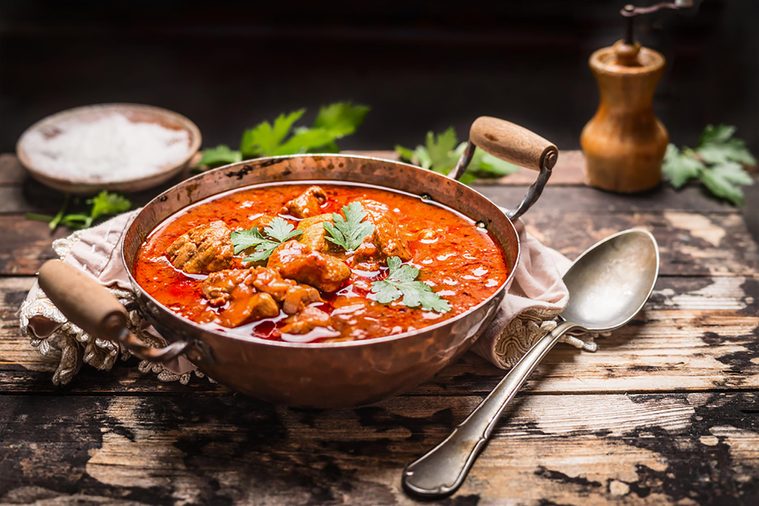
Food myth: Spicy food gives you an ulcer
Healthy eating: Spices don’t trigger ulcers. We now know that a specific type of bacteria, Helicobacter pylori, causes almost all ulcers, except those triggered by certain medications, like aspirin. What spices can do is exacerbate those problems, which may cause people to mistakenly believe that spices cause ulcers.
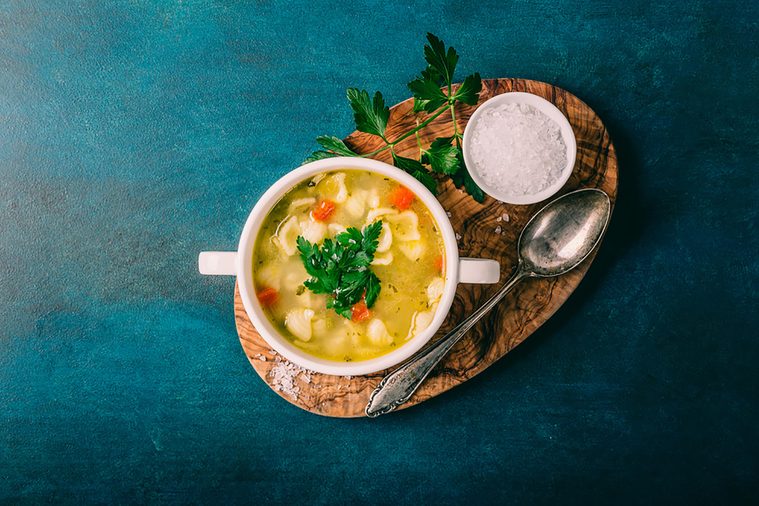
Food myth: Feed a cold, starve a fever
Healthy eating: There’s no medical reason to limit foods when you’re feverish. While you may have less of an appetite, you should eat whatever you can tolerate. (These are clear signs you’ve got the flu.) In fact, when you’re sick, your nutritional needs increase because your metabolic rate goes up, according to a 2016 study in the journal Cell.
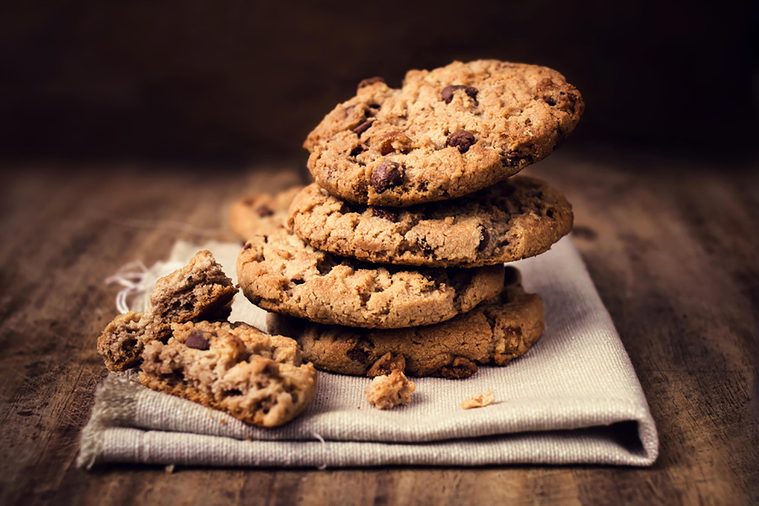
Food myth: Fat-free and low-fat foods are always better than full-fat versions
Healthy eating: When it comes to meat and some dairy products, it’s generally true that the less fat, the better. But not so with packaged, processed foods. Call it the “Snackwells” lesson: When manufacturers remove a certain ingredient (fat) from certain food (cookies), they need to compensate for the taste by adding other not-so-healthy ingredients (sugar), a 2016 study in Appetite suggests. Companies are constantly tinkering with the ratios of sugar, fat, salt and other ingredients in such foods. Now, most nutrition experts believe you’re better off avoiding artificially fat-free foods and opting instead for whole foods with healthy fats, like nuts. Here are 10 more myths about fat that are keeping you from losing weight.
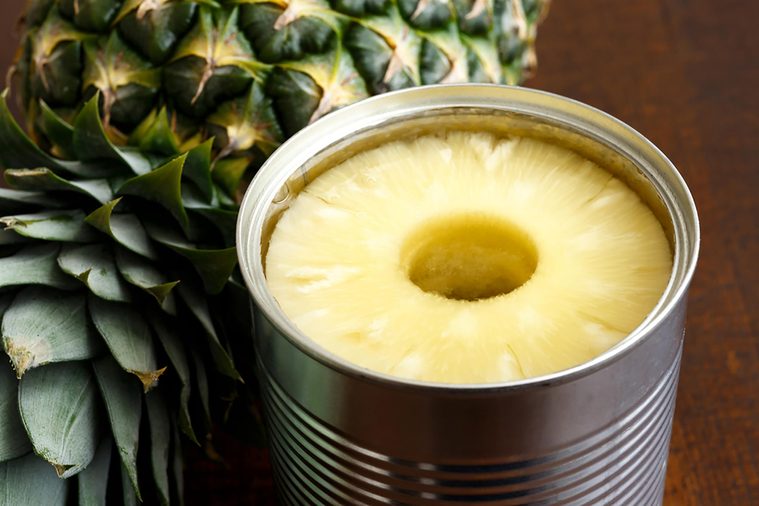
Food myth: Frozen and canned fruits and veggies are less nutritious than fresh ones
Healthy eating: Fresh fruits and vegetables are more nutritious than the frozen and canned variety—the instant they are picked, a 2017 study in Journal of Food Composition and Analysis suggests. However, the foods you find in the produce section have often had a long journey, often spending days or even weeks in transit from the farm or orchard. During shipping and storage, natural enzymes are released in fresh fruit and vegetables that cause them to lose nutrients. By contrast, food processors quick-freeze fresh-picked produce, which preserves much of its vitamin and mineral content. Don’t miss these other myths about frozen foods.
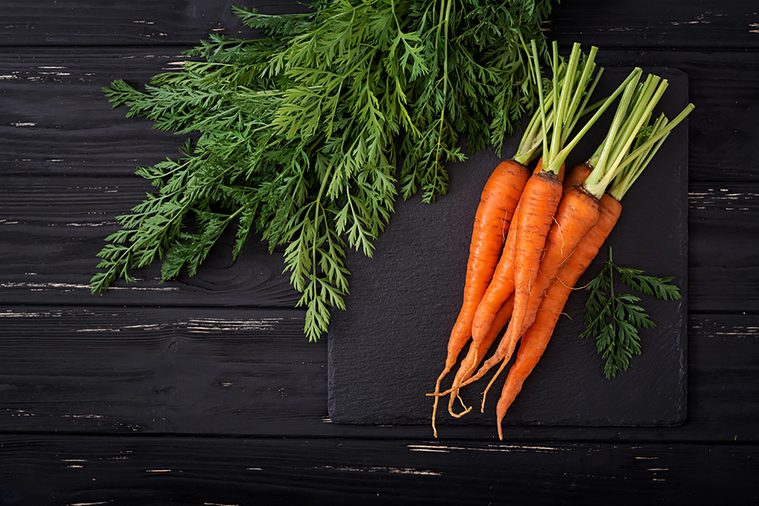
Food myth: Eating carrots will improve your eyesight
Healthy eating: This widespread carrot myth has been around since World War II, when rumors circulated that pilots ate lots of the vegetable to keep their vision in top shape. In reality, the fighter’s bionic eyesight was the result of improved technology. Since then, the myth remains unfounded. Unless you’re way deficient in vitamin A, more carrots won’t make bad vision any better.
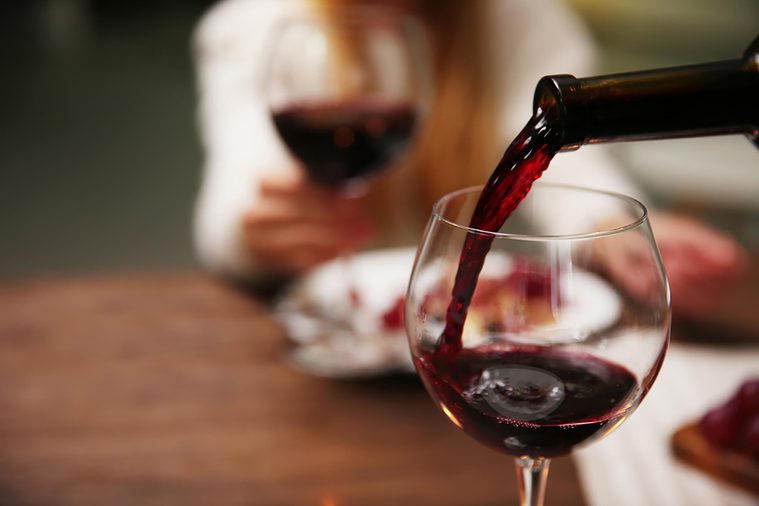
Food myth: Red wine is the only good-for-you alcohol
Healthy eating: It’s true, red wine gets a lot of good press. But recent studies have found that ethanol itself—that is, the stuff that makes alcohol—is what raises levels of protective HDL, or good cholesterol, and helps reduce clotting factors that contribute to heart attack and stroke. That means that in moderation, beer, wine, and spirits may make for a happier heart, per research in the BMJ. If wine is your alcohol of choice, learn what happens when you drink a glass of wine every day.
